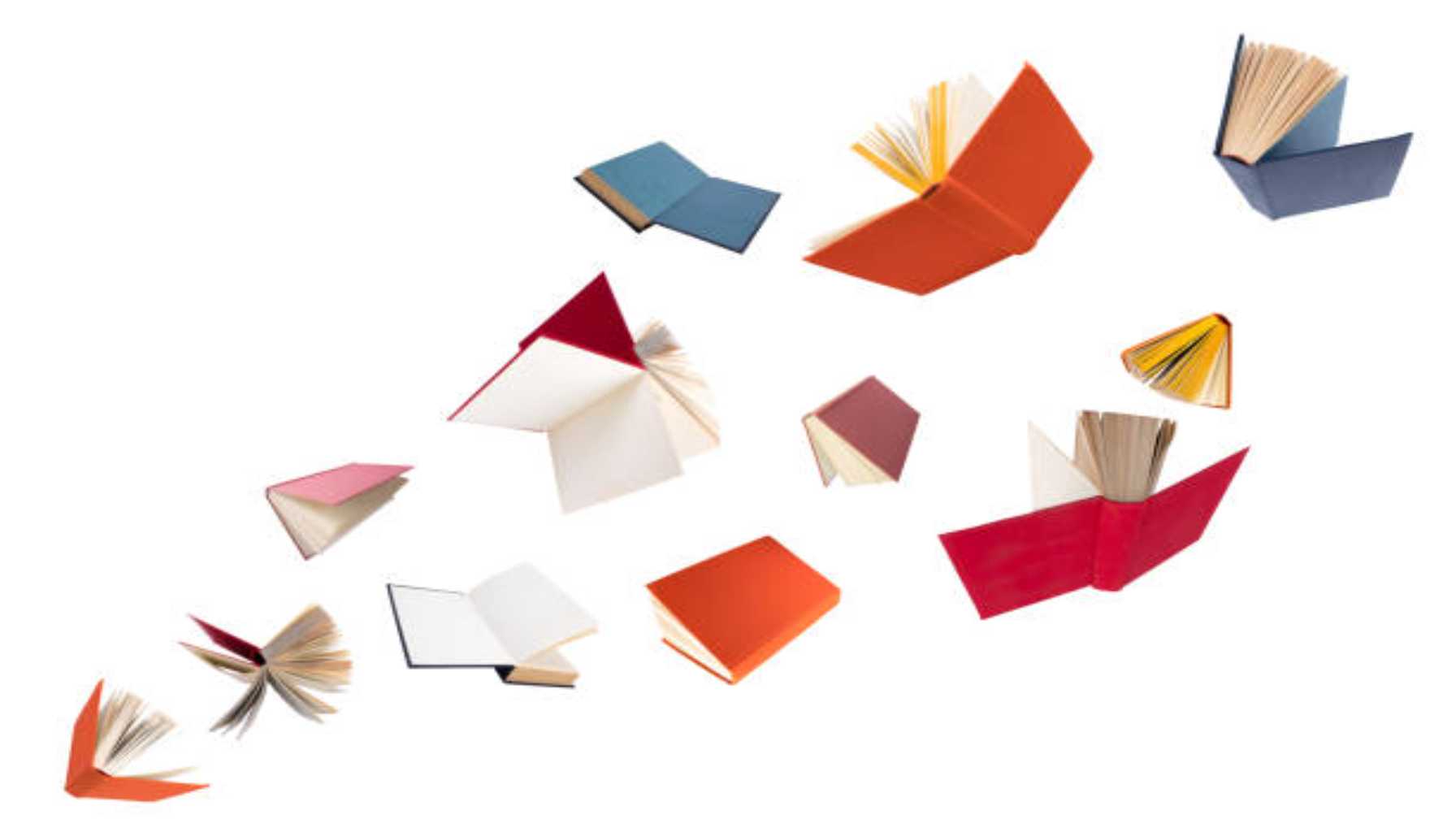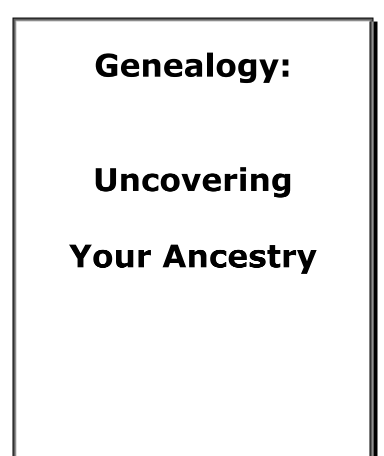The Impact of Digitalization on the Future of Reading and Publishing
Once upon a time, the scent of paper and the weight of a book in your hand defined the reading experience. Libraries buzzed with the sound of pages turning, bookstores were weekend sanctuaries, and publishers held the keys to who got published and who didn’t.
Fast forward to today, and the scene has changed—drastically.
Digitalization has transformed the way we read, write, publish, and even think about books. From e-readers to self-publishing platforms, audiobooks to social reading communities like Junkybook, the world of literature has entered an age of technology.
But what does this really mean for the future of reading and publishing?
Let’s explore the digital revolution in publishing, the rise of new reading habits, and what this means for authors, readers, and the literary world at large. As someone who has both devoured novels on a Kindle and spent countless hours in traditional bookstores, I’ll also share personal insights on navigating this hybrid literary landscape.
A New Chapter: How Digitalization Has Redefined Reading
Let’s start with the obvious: people still love to read.
But how they read? That’s changed. Big time.
Digitalization has given us access to books anytime, anywhere. On a plane, during lunch break, lying in bed at 2 a.m.—our books are in our pockets, thanks to smartphones, tablets, and e-readers. Kindle, Kobo, Apple Books, Google Play Books—the options are endless.
Even social media has become a form of “reading.” Think Twitter threads that read like essays, Instagram captions that tell stories, and TikTok videos (thanks, BookTok!) that spark interest in obscure titles.
I remember being stuck at the airport for hours with nothing to do—until I remembered I had a whole library of eBooks downloaded on my phone. Digital reading turned boredom into bliss. That was a moment that solidified, for me, the value of digital accessibility.
Goodbye Gatekeepers: The Rise of Self-Publishing
Perhaps the biggest shake-up in the publishing world has been the democratization of publishing.
Before, getting published meant convincing a literary agent and a publishing house that your work was “worthy.” Today? You can publish your book yourself—on Amazon Kindle Direct Publishing, Wattpad, Smashwords, or even platforms like Junkybook that support emerging writers.
Self-publishing has opened the floodgates to voices that traditional publishing often ignored—writers from marginalized communities, niche genres, experimental forms, and more.
This isn’t just a trend. It’s a movement.
Writers have more control now: over their words, their royalties, their audience. And readers? They get access to diverse voices and fresh perspectives that don’t always fit into the mold of mainstream publishing.
Sure, the quality can be uneven. But the possibilities? Limitless.
Changing Reader Behavior: Shorter Attention Spans and Snackable Stories
With the digital age has come a shift in how we consume content. We binge-watch series. We scroll endlessly. We listen to podcasts while doing chores.
And reading hasn’t been immune to these changes.
Many readers now prefer shorter forms—flash fiction, micro-essays, serialized novels. They want stories they can finish in a sitting, or bite-sized chapters they can read on their commute.
Some apps have capitalized on this shift. Think of Radish, Wattpad, or Hooked—platforms built for serialized digital storytelling. Even Junkybook features content that caters to today’s fast-paced lifestyle.
But this doesn’t mean people no longer enjoy long-form reading. Instead, it means we need variety. Readers want the option to consume literature on their own terms—whether it's a 700-page epic or a 7-minute short story.
Audiobooks: The New Reading Frontier
Another digital phenomenon that’s exploded in popularity? Audiobooks.
Gone are the days when audiobooks were considered the lazy way to read. Now, they’re a booming industry—expected to surpass $15 billion globally in the next few years.
Audiobooks are great for multitasking. I listen to them while cooking, cleaning, walking, and even drifting off to sleep. And let’s be honest, hearing a story narrated by someone with a beautiful voice adds a whole new layer of experience.
Publishers have embraced this format, and authors are increasingly recording their own work. Some even write books with the audio experience in mind.
The future of publishing isn’t just visual—it’s auditory.
Social Reading: From Solitary Activity to Shared Experience
Reading has traditionally been a solitary act. But digitalization has made it social.
Platforms like Goodreads and Junkybook let readers share reviews, ratings, quotes, and recommendations. Book clubs have moved online. TikTok’s #BookTok community has revived interest in genres like fantasy and romance. Suddenly, everyone’s talking about books again—but this time, it's in comment threads and videos.
These digital spaces make reading more interactive and collaborative. You can finish a book and immediately discuss it with people from around the world.
This global community adds value, context, and emotion to the reading experience. It turns a quiet act into a loud celebration of literature.
Challenges in the Digital Era
Of course, it's not all sunshine and e-ink.
With the ease of self-publishing comes market saturation. Readers are overwhelmed with choices. Finding quality content amid the noise can be hard.
There’s also the issue of digital fatigue. Screens dominate our lives. For some, reading digitally feels like more screen time—especially after a day of emails, texts, and notifications.
And let’s not forget piracy. Digital books are easy to copy and distribute illegally, which undermines authors’ income and intellectual property.
Traditional publishers worry about maintaining quality and editorial standards in this fast-paced, self-driven landscape. And many authors miss the prestige and marketing machinery that big publishing houses provide.
The digital world gives, but it also complicates.
The Hybrid Future: Print + Digital
Still, most signs point to a hybrid future—where digital and print coexist, not compete.
Print isn’t dead. In fact, it’s thriving in many circles. Special edition books, aesthetic hardcovers, and indie bookstore culture have kept paper alive and well. Some readers simply prefer the tactile feel of turning pages.
But digital isn’t going anywhere either. Its convenience, affordability, and accessibility make it essential, especially in education and developing markets.
I’ve personally found peace in this balance. I read nonfiction on my Kindle, fiction in paperback, and listen to audiobooks when I’m on the go. Each format offers a different experience, and I love having that flexibility.
What Does This Mean for Writers?
If you’re a writer in today’s world, the possibilities are vast—but so are the decisions.
Do you go the traditional publishing route, with its rigorous process and limited control? Or do you self-publish and become your own marketer, editor, and brand strategist?
Do you write long-form novels, or embrace microfiction? Do you create eBooks, audiobooks, or interactive storytelling experiences?
There’s no one path anymore—and that’s both exciting and overwhelming.
At Junkybook, many emerging writers are discovering their voice through digital means. Some start with short stories. Others serialize their work. Some record themselves reading their poetry and post it on social media. The point is, there’s no longer a gatekeeper. There’s only the reader—and your connection with them.
The Democratization of Literature
At its heart, digitalization has made literature more democratic.
More people can read. More people can write. And more people can find communities that value their stories.
A teenager in Nigeria can publish a novel on Wattpad. A retiree in Canada can discover a new passion for audiobooks. A poet in Brazil can share their verses on Junkybook and gain an audience from around the world.
That’s not just progress. That’s power.
Final Thoughts: A New Literacy
The future of reading and publishing isn’t about the death of books. It’s about the birth of new forms of literacy.
To navigate the digital literary world, we need to be flexible, creative, and curious. We need to value both old and new, to explore both dusty bookshelves and digital dashboards.
Digitalization has changed the game, but it hasn’t changed the heart of reading: the human connection between words and minds. Whether it’s through a printed page or a glowing screen, stories still shape us.
So, open that eBook. Crack open that paperback. Press play on that audiobook. Join that reading group on Junkybook.
The future of reading is now. And it’s in your hands.







